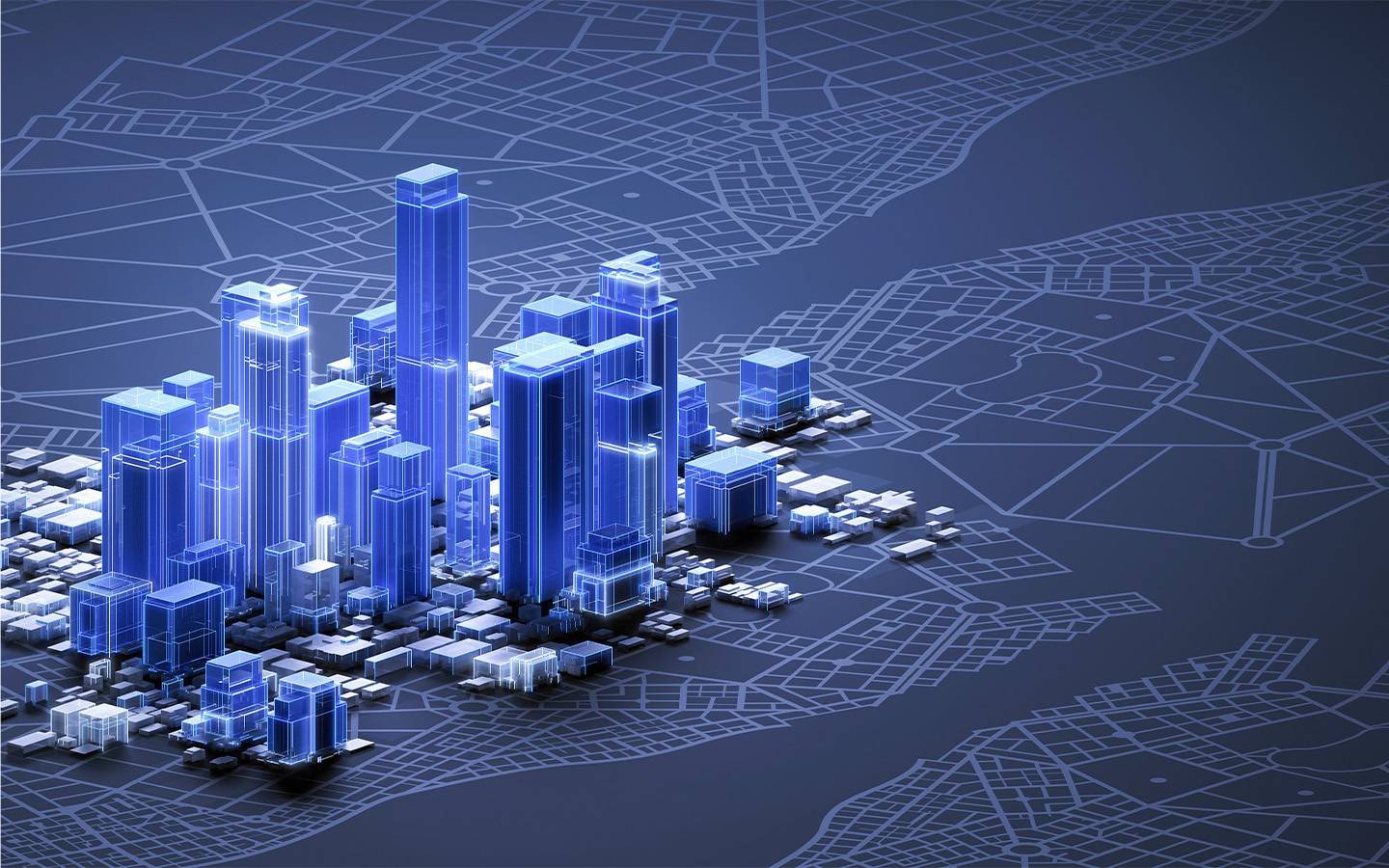Data is at the heart of managing modern urban environments, especially in cities that have adopted advanced technologies. Smart city solutions rely heavily on data to enhance the quality of life for residents, improve efficiency, and promote sustainability. This article explores data’s critical role in managing smart cities and how it helps in decision-making, resource management, and providing better services.
1. Enhancing Urban Planning and Development
One of the primary roles of data in smart cities is improving urban planning and development. By collecting and analyzing data from various sources, city planners can make more informed decisions about where to build new infrastructure, such as roads, parks, and public facilities. Data from traffic patterns, population density, and even weather conditions can be used to design more efficient and sustainable cities. This data-driven approach ensures that resources are allocated where they are most needed, leading to better living conditions for residents.
2. Optimizing Traffic and Transportation Systems
Data is crucial in managing traffic and transportation systems within smart cities. Smart solutions use real-time data from traffic cameras, sensors, and GPS devices to monitor and control traffic flow. By analyzing this information, cities can optimize traffic light patterns, provide real-time updates to commuters, and reduce congestion on busy roads. Additionally, data helps improve public transportation by predicting peak hours, adjusting schedules, and ensuring buses and trains run on time. This results in a more efficient transportation system that saves time and reduces pollution.
3. Improving Public Safety and Emergency Response
Data is also vital for enhancing public safety and emergency response in smart cities. By collecting data from surveillance cameras, social media, and other sources, cities can quickly identify and respond to potential threats or emergencies. For example, smart city systems can analyze data to detect unusual activity, such as a sudden gathering of people or a potential security threat. In the case of natural disasters or accidents, data helps emergency services respond faster by providing accurate information on the situation and guiding them to the exact location. This ensures a quicker and more effective response, potentially saving lives.
4. Managing Energy and Environmental Resources
Efficient resource management is another key area where data plays a significant role in smart cities. Data from smart meters, sensors, and other devices helps monitor energy consumption, water usage, and waste management. By analyzing this data, cities can identify patterns, detect inefficiencies, and adjust to reduce waste and conserve resources. For instance, smart grids use data to balance energy supply and demand, reducing the likelihood of blackouts and lowering energy costs. Data-driven management of environmental resources also helps create a more sustainable and eco-friendly urban environment.
5. Enhancing Citizen Engagement and Services
Data allows smart cities to enhance citizen engagement and provide better services to their residents. With the help of data, cities can create platforms where residents can report issues, give feedback, and participate in local decision-making processes. For example, data from public surveys and feedback apps can help city officials understand residents’ needs and preferences. This direct input from citizens enables more transparent governance and helps in tailoring services to meet community demands. By using data effectively, smart cities can foster a more connected and involved community.
Sand Technologies states, “By leveraging AI, mayors and CTOs gain confidence that they’re developing the right solutions at the right time for the right people—including underserved communities. That’s the definition of smart development, and it ensures the smart city works for all people.”
Data is a cornerstone of smart city solutions, playing an essential role in urban planning, traffic management, public safety, resource conservation, and citizen engagement. By harnessing the power of data, cities can operate more efficiently, improve the quality of life for their residents, and build a sustainable future. As smart city technologies continue to evolve, the importance of data in managing these urban environments will only grow, making it a vital component of modern city life.







